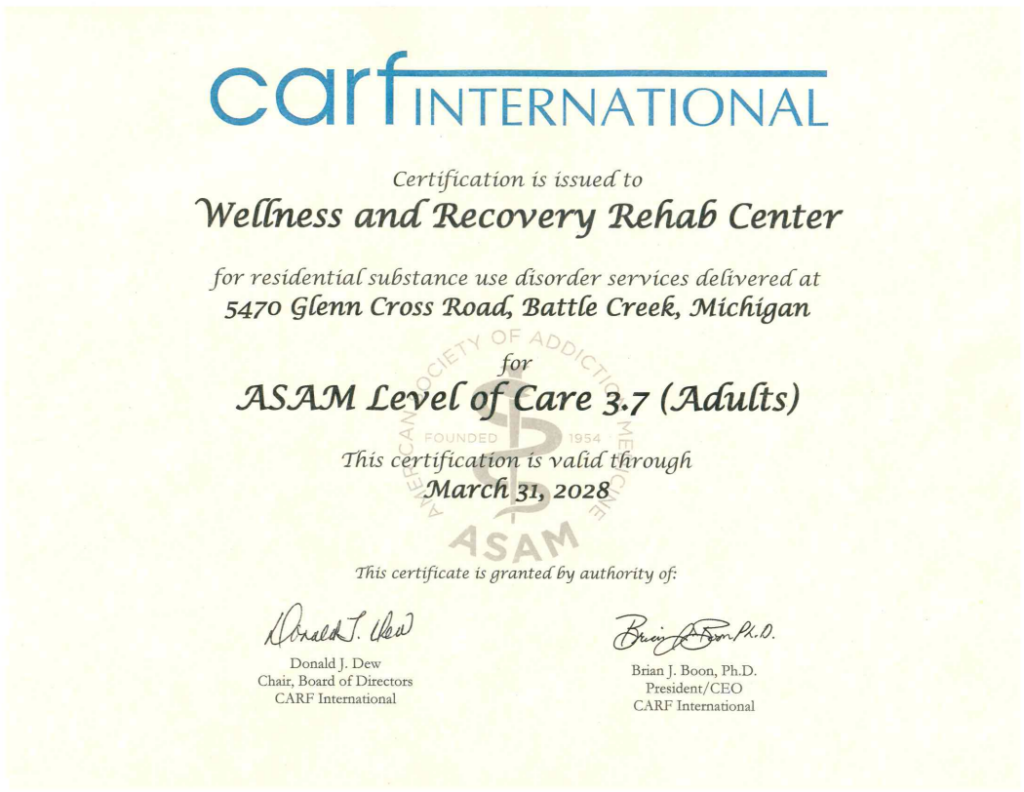
Mental health is the foundation of our emotional, psychological, and social well-being. It shapes the way we think, feel, and navigate the world, affecting every aspect of life: including relationships, work, physical health, and resilience.
However, when mental health is compromised, it can become difficult to:

Addiction is a complex condition characterized by compulsive substance use or engagement in harmful behaviors despite negative consequences.
It’s important to know that addiction is not a matter of willpower; it’s a deeply-rooted issue that impacts brain chemistry, decision-making, and emotional regulation.
At the same time, addiction can intensify or even trigger mental health struggles, creating a difficult cycle to break.1
Mental health and addiction influence and reinforce one another in ways that can be difficult to untangle. For many individuals, substance use begins as an attempt to cope with emotional pain, overwhelming stress, or untreated mental health symptoms.
Others may develop mental health challenges as a result of prolonged substance use, which alters brain chemistry and emotional regulation.
Understanding how mental health and addiction intersect is a critical step toward effective treatment and lasting recovery.
Co-occurring disorders, also known as dual diagnoses, refer to the presence of both a mental health condition and a substance use disorder.
Some conditions frequently overlap with addiction, creating a complex interplay that can make recovery challenging. Some of these conditions include:
Many individuals turn to substances as a way to manage emotional distress, seeking relief from overwhelming symptoms. However, substance use often exacerbates mental health concerns, deepening the cycle of dependency and emotional struggle.2
The connection between mental health and addiction is multifaceted. This connection is shaped by a combination of biological, psychological, and social influences. Genetics increase susceptibility to both conditions. Additionally, trauma, chronic stress, and environmental pressures are common catalysts.
Ultimately, integrated treatment approaches are what will support long-term healing and recovery for those who need it.
However, an integrated treatment model takes a different approach: treating both conditions together to create a more effective, personalized path to recovery.
By combining evidence-based therapies and holistic support, this approach empowers individuals to:3
At Wellness and Recovery, we use various integrated treatments that combine evidence-based therapeutic approaches to support both mental health and addiction recovery.
Instead of separate treatments, we combine care for your mind, body, and emotions. This integrated, whole-person approach gives you or your loved one a better path to healing and helps you build lasting strength and stability.

At Wellness and Recovery in Battle Creek, Michigan, we understand healing from mental health and addiction challenges requires a personalized, multifaceted approach. No two individuals experience these conditions in the same way.
We tailor our programs to meet the unique needs of each person who steps through our doors.
Our comprehensive care model integrates science-based therapies with holistic practices to support long-term recovery. With structured inpatient programs to flexible outpatient services, we provide compassionate, expert-driven care that empowers individuals to reclaim their lives.
Whether you’re dealing with addiction, co-occurring mental health challenges, or co-occurring chronic pain, we’re here to create a path forward that empowers you to heal – mind, body, and spirit.
EMDR is a specialized therapy used to help process trauma and reduce its psychological impact. This trauma-based therapy provides a safe space for individuals to process and work through any trauma.
For example, imagine someone with both alcohol addiction and untreated post-traumatic stress disorder (PTSD). If the trauma isn’t addressed alongside the substance use disorder, they’re likely to use alcohol again to cope.
However, when therapy, support groups, and medical care work together, people can recover from addiction and become emotionally stronger. They learn healthy ways to deal with their experiences, so they don’t need drugs or alcohol to feel better.
At Wellness and Recovery, we’re here to help overcome these barriers to mental health and addiction treatments.
Wherever you’re at in your journey, we’re prepared to walk alongside you toward a future you’ll be proud of.

For many, balancing treatment with work, school, and family obligations is essential.
Healing is possible, and with the right support, lasting wellness can become a reality. You don’t have to navigate this journey alone. Reach out to us online today and take the first step toward lasting healing.
